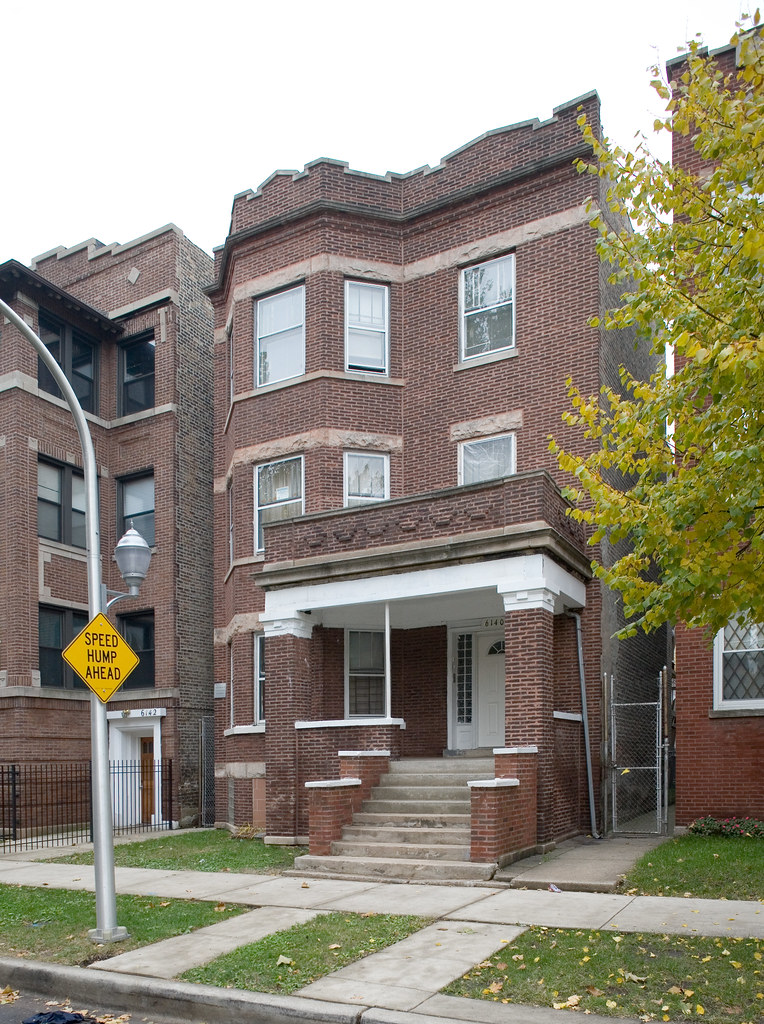Majority Stone End date 1940 | Concurrence Reed | |
 | ||
Full case name Hansberry, et al. v. Lee, et al. Citations 311 U.S. 32 (more)
11 U.S. 32 Concurrence McReynolds, joined by Roberts Ruling court Supreme Court of the United States Similar Shelley v Kraemer, Burnham v Superior Court of, Buchanan v Warley, Pennoyer v Neff, Goldberg v Kelly | ||
November 13th 1940 hansberry v lee
Hansberry v. Lee, 311 U.S. 32 (1940), is a famous case now usually known in civil procedure for teaching that res judicata may not bind a subsequent plaintiff who had no opportunity to be represented in the earlier civil action. The facts of the case dealt with a racially restrictive covenant that barred African Americans from purchasing or leasing land in a Chicago neighborhood. The covenant had been upheld in a prior class action lawsuit, which had included Lee, along with all the other neighborhood landowners, as members of the class. The defense in the present case argued that Carl A. Hansberry (Lorraine Hansberry's father) could not contest the covenant because it had already been deemed valid by the courts in the prior lawsuit.
Contents
The US Supreme Court disagreed and held that since some of the neighborhood landowners (46%) comprising the class of the prior lawsuit did not support the restrictive covenant, the previous decision that the covenant was valid could not apply to all members of that class. In other words, it was erroneous to allow the 54% of neighborhood landowners who had supported the restrictive covenant to represent the interests of the 46% who were against it. Therefore, the Supreme Court held that the restrictive covenant could be contested in court again, even though some of the parties involved may have been included in the prior class of neighborhood landowner.
Later, the type of real property restriction, racially restrictive covenants, was held by Shelley v. Kraemer, 334 U.S. 1 (1948), to be state action because the plaintiffs seeking to enforce such a covenant were invoking the machinery of the state.
